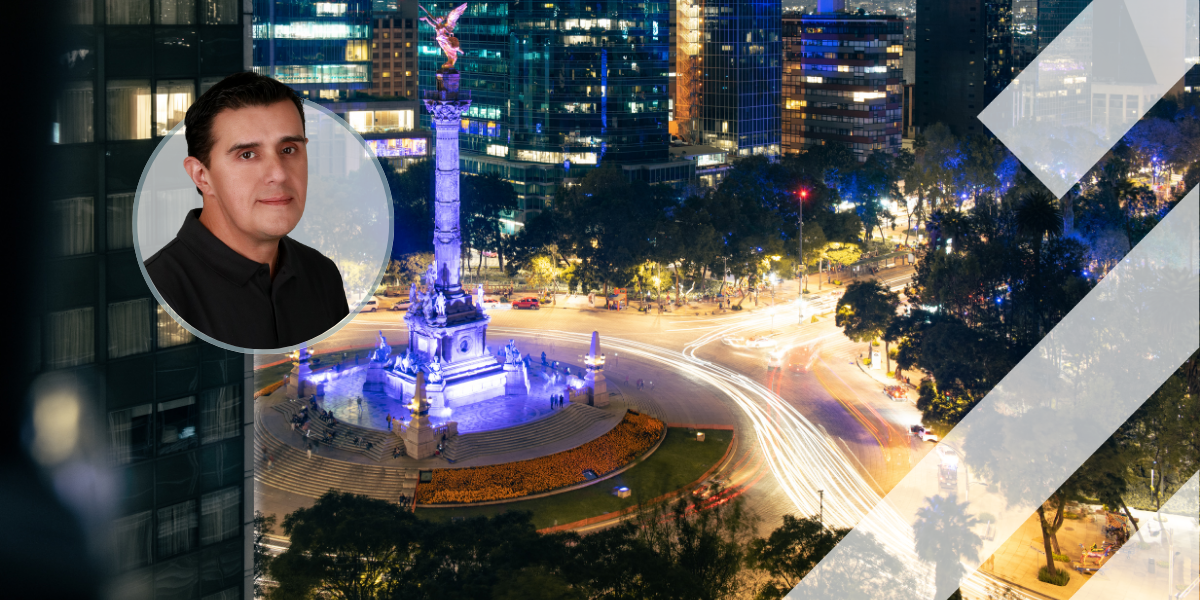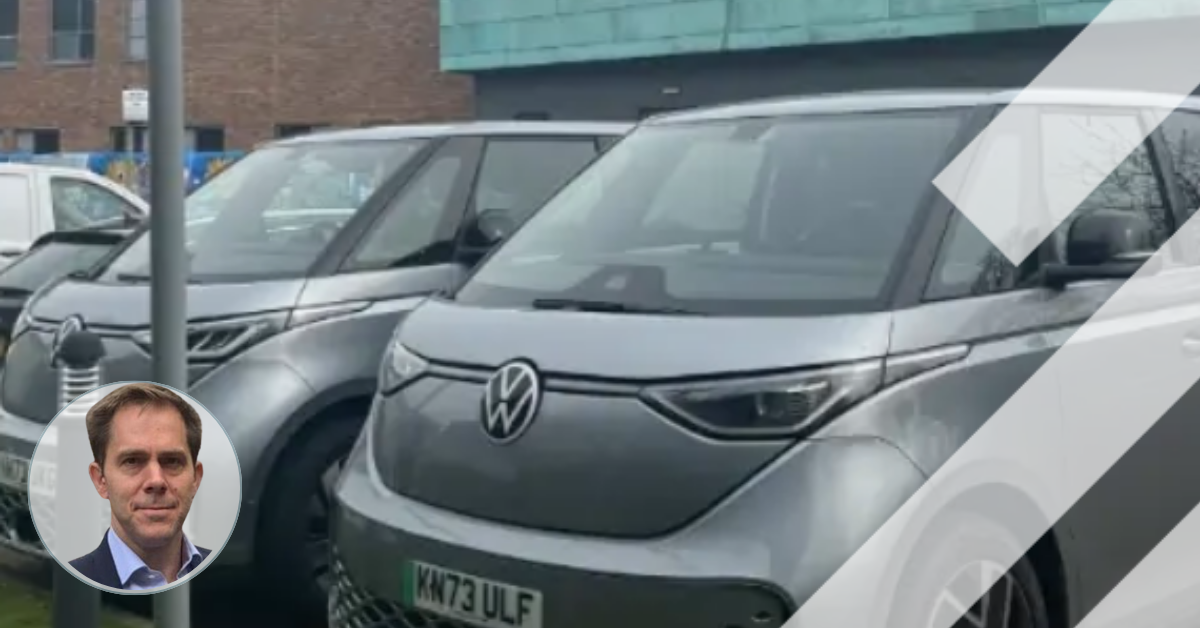The five most innovative technical breakthroughs of the last five years

Intertraffic asked five people involved in different areas of the smart mobility sector a relatively simple question: what do you consider to be the most innovative technological breakthrough of the last five years? What has genuinely surprised you and made you think “Oh, that’s clever”?
Jenny simonson, director of operations and new mobility, its norway
It is hard to list only a few of the most innovative technological breakthroughs of the past five years, but I’m thinking about traffic safety, intelligent and sustainable transport like MaaS, better battery technology, and AI (Artificial Intelligence) for better and faster awareness and traffic navigation. However, moving on without talking about zero-emission aviation is now “a crime.” The way the industry has approached green aviation and transformed its thinking is nothing short of fantastic.
Autonomous driving has been hyped for a century; why is it considered innovative now? Because we have a breakthrough
Loading component...
But, to discuss effects like cost reduction, efficiency, less use of space in cities, sustainability, and traffic safety, we can’t avoid mentioning automation. I’m not talking about personal cars or taxis becoming autonomous but about the dramatic change software companies brought about for automatisation. Autonomous driving has been hyped for a century; why is it considered innovative now? Because we have a breakthrough! Autonomy is not just hype; it is here. Your car is already computer on wheels - advanced driver assistance is adopted as a standard and is widely accepted. As acceptance is critical for autonomy and any hype and also crucial for breakthroughs, I would shout out for autonomy.







